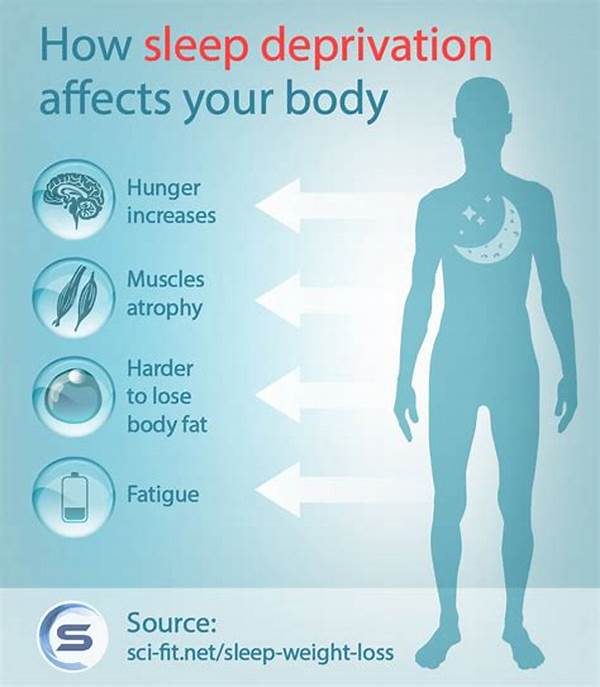How Sleep & Stress Affect Home Weight Loss Success
In the quest for home weight loss success, the elusive combination of sleep and stress management often holds the key. With gyms and aerobics classes taking a backseat in recent times, more individuals have turned to the comforts of their own homes to shed those unwanted pounds. Yet, amidst all this effort, many overlook two pivotal factors: the quality of their sleep and their stress levels. Enter the secret sauce that could transform your weight loss journey from a grueling challenge into a seamless lifestyle change. How, you ask? Welcome to an enlightening adventure of understanding how sleep & stress affect home weight loss success and learning to conquer these hidden hurdles.
Read More : How To Maintain Weight Loss After You Reach Goal
In the bustling chaos of everyday life, sleep often seems like an expendable luxury rather than a necessity. This misconception not only affects your day-to-day functions but also severely hampers your body’s ability to lose weight. Studies show that inadequate sleep disrupts hormonal balance, especially hormones that control hunger and satiety. The vicious cycle of sleep-deprivation-induced hunger leads to unhealthy cravings and ultimately, weight gain.
Stress, the silent saboteur of dreams, plays an equally destructive role. When stress hits, your body is flooded with cortisol, a hormone that, while useful in short bursts, promotes weight gain when it perpetually flows through your system. Excess cortisol leads to fat accumulation, particularly in the abdominal region—an area most of us wish to keep trim.
The Science Behind Sleep & Stress in Weight Loss
When we delve deeper, we find fascinating insights into the biological processes that explain how sleep & stress affect home weight loss success. A study in the “Journal of Clinical Endocrinology & Metabolism” revealed that participants with less than seven hours of sleep a night had higher body mass indices and were predisposed to obesity. Moreover, elevated cortisol levels from stress persistently inform the body to cling to fat reserves, counteracting any calorie deficit achieved through dieting or exercise. These findings suggest that addressing sleep and stress is not optional but essential for effective weight management.
Strategies to Improve Sleep and Reduce Stress
Addressing the dual challenges of sleep quality and stress management is crucial for sustainable weight loss. Consider strategies like establishing a consistent sleep schedule, which primes your body to expect rest, recovering its natural rhythm. Integrating relaxation techniques such as deep breathing, yoga, or mindfulness meditation into your daily routine can also lower stress levels, thereby decreasing cortisol production.
But wait, there’s more! Imagine viewing sleep and stress management as personal services you owe yourself. Pursue this journey with humor and unwavering resolve. Tune into podcasts addressing mental wellness, join online communities focusing on stress reduction, and indulge in promising technologies like sleep monitors. Your focus should be on finding what works uniquely for you to turn a daunting task into an enjoyable self-improvement project.
Actions to Enhance Home Weight Loss Success
Understanding the Different Aspects
In the art of storytelling, how we perceive and interpret information plays a crucial role in driving action. For example, understanding how sleep & stress affect home weight loss success goes beyond knowing the science—it involves a holistic perspective that relates the evidence to personal goals and lifestyle preferences. From anecdotal stories of those who’ve transformed their habits to statistics highlighting widespread trends, each piece completes the puzzle of an informed approach to weight loss.
Learning how sleep & stress affect home weight loss success requires an appreciation for more than just the physiological changes they trigger. It’s about uncovering the rationale behind these changes, delving into past research, and seeking emotional validation through community support or personal growth.
Telling the Complete Story
The journey from beginning to point of action in weight loss needs to be compelling to be effective. Picturing your future self thriving in a balanced state of mind and body not only sparks desire but fuels the necessary actions to get there. Whether you’re a blogger sharing your own adventure or a curious reader eager to unlock new levels of wellness, the takeaway here is clear. Prioritize sleep and stress management as integral parts of your strategy for home weight loss success.
Attention to these vital components can yield surprising results. So, as you continue on your path, let this knowledge guide your actions, remind you of where to direct your focus, and inspire you to achieve your ultimate wellness goals. From data-backed insights to relatable stories of personal triumph, these diverse viewpoints will reinforce your commitment to making meaningful changes. Welcome the opportunity to transform how you live your life, one night of quality sleep and one mindful breath at a time.
Illustrations of Sleep and Stress Impact
By considering these areas, these visual contexts aid the understanding and instill a sense of personal connection to the goals at hand. Ultimately, the strategic elaboration on how sleep & stress affect home weight loss success fosters awareness and sparks a conversation for better health practices.


